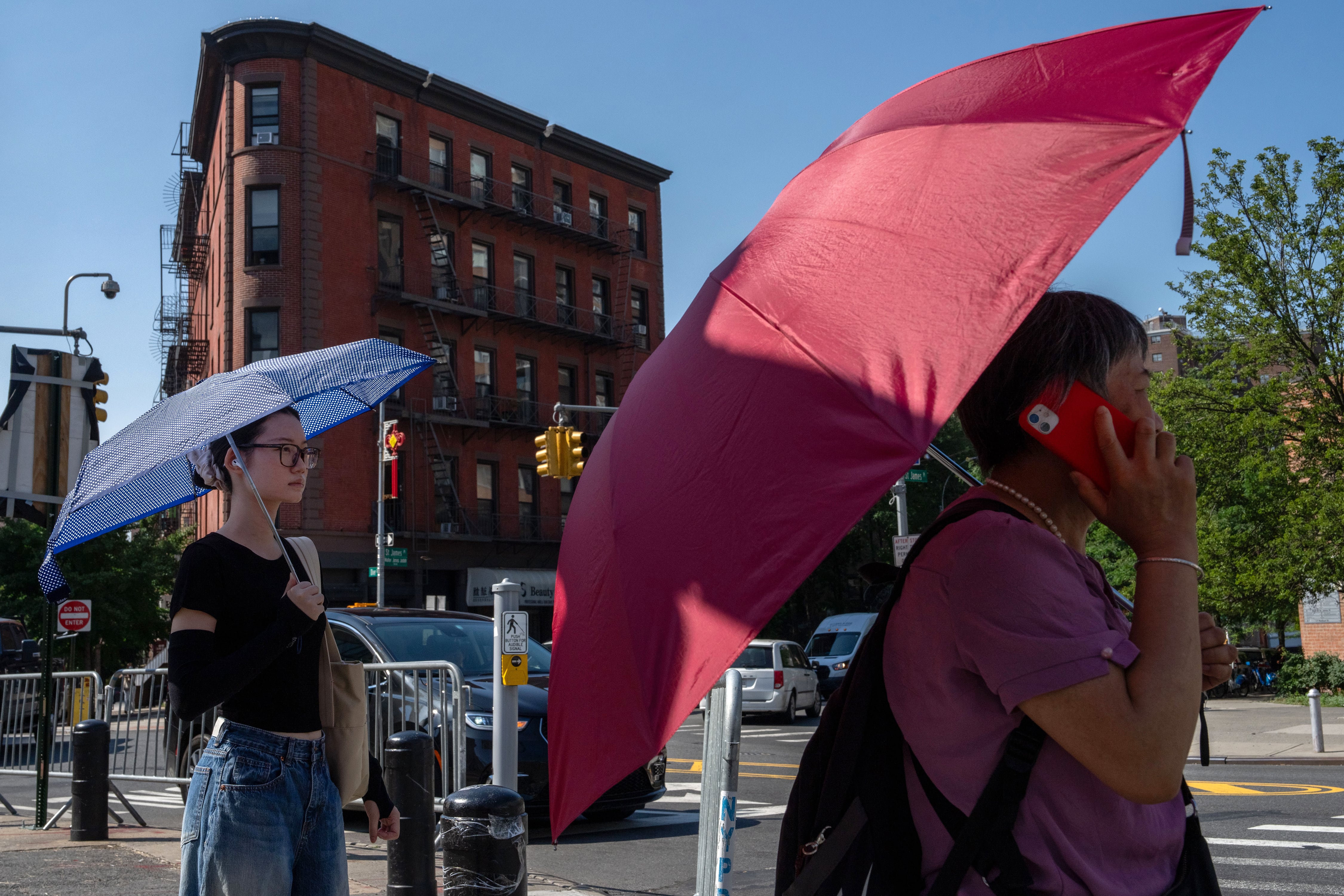Public health, explained: Sign up to receive Healthbeat’s free New York City newsletter here.
At Healthbeat, we want to report on the public health issues that matter most to New Yorkers.
Public health is the science of preventing disease and improving life at the population level. That means using evidence-based strategies to address problems in your neighborhood, your borough, and your city.
These issues are threaded through our lives — even though we might not always realize it.
How safe is the water that you drink, and the air that you breathe? Is there lead or mold in your apartment? Has there been a disease outbreak at your workplace or in your child’s school? Can you get health care when you need it? Are you worried about climate change?
We’re eager to get into issues like these — and others we don’t know about. Tell us: What should we know about public health in your community?
Fill out the survey below to share your story with our newsroom. A Healthbeat journalist may reach out to learn more.






